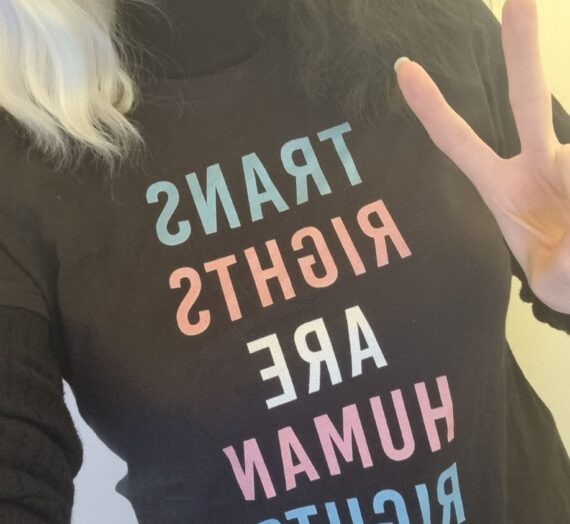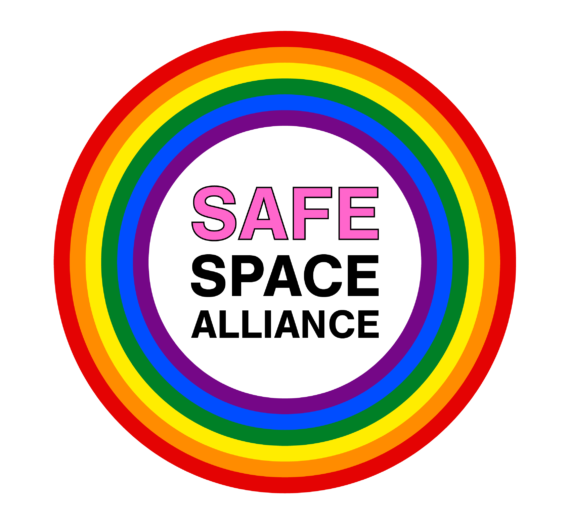Yesterday was the International Day for the Elimination of Racial Discrimination.
The theme for this year is “Voices for Action Against Racism”. We are making a commitment to use our voices and privilege, to educate ourselves and to continue our work towards being an anti-racist organisation. It’s all very well to say these things, especially on national days of recognition, but if it is just words then it might as well be nothing at all. So when we say we are making this commitment, what are we actually doing?
The Diversity of YDP
We are a very small and very local organisation, but within our area we hope to do big things. From the very beginning, we have set out our ethos and values in how we want to work and what we stand for. One of those things is that we don’t want to just not be racist, but to be anti-racist. The current make-up of our board of trustees is entirely white, but we are conscious (through our own experiences of being part of other minority groups) to not fall in tokenism and do things with out due consideration and care, simply for appearances’ sake. You can learn more about ways in which our board is diverse here.
Yeovil Diversity Project is a very young organisation and we are still making a name for ourselves in the local community. We are very keen to attract talent from other backgrounds, but we aren’t going to put out a call for more racially diverse people to make it feel like we’ve got that box ticked. That’s not how we do things. We want do the work that we do and achieve good things in our community that makes people from all walks of life think “Hey, I really want to be a part of that”, whilst building and maintaining a reputation that makes people confident that they can be themselves in our spaces. That’s our way.
94.6% of Somerset’s population are ‘White British’. This is typical of more rural areas and is also seen in Somerset’s neighbouring counties, but it is a much higher percentage than the England and Wales average of 80.5%. We know the importance and value of lived experience, and we very much welcome feedback from all under-served and under-represented communities in our town, at any time. You can do this via email, or if you would feel more comfortable to do so anonymously you can use our feedback form here.
What does being anti-racist mean?
Racism is systemic and lurks in every area of everyday life, and privilege often makes White people oblivious to our own unconscious biases. Racism is deeply embedded in our culture and our communities and this is true whether or not we see or acknowledge it. It is woven through our infrastructure – our schools, our government even our support services and social care. Without actively being objective and explicitly educated about it, people often don’t even notice how policies, institutions, and systems disproportionately favour some groups of people while disadvantaging others.
Being “not racist” is not enough to eliminate racial discrimination and dismantle oppressive systems. Saying “I’m not racist” is basically a way of saying “that’s not my problem”, and fails to acknowledge that even people who are not racist still benefit from a system that is biased against other people. This is why anti-racism is so important and necessary for progress to continue to be made in making society fairer for everyone. It takes an active approach and unconditional allyship to be anti-racist, to really begin to make a difference.
Our commitment
Anti-racism means making the effort to educate ourselves, hearing and listening to lived experiences and accepting people’s truth even if we don’t witness those things happening. It is about standing with people, using our privilege and platforms to amplify voices of marginalised communities. It means standing up for them and their rights even when they are not present. It is about accepting our privilege, faults and shortcomings, and putting things in place to do better when it is pointed out that we got something wrong – instead of just simply apologising. We are always ready to listen and learn, but also committed to not just passively waiting for People of Colour to correct and educate us; instead making an effort to keep ourselves informed and challenge the culture of our own organisation, its policies and procedures objectively.





Registrera
I don’t think the title of your article matches the content lol. Just kidding, mainly because I had some doubts after reading the article.
LRC币
Thank you very much for sharing, I learned a lot from your article. Very cool. Thanks.